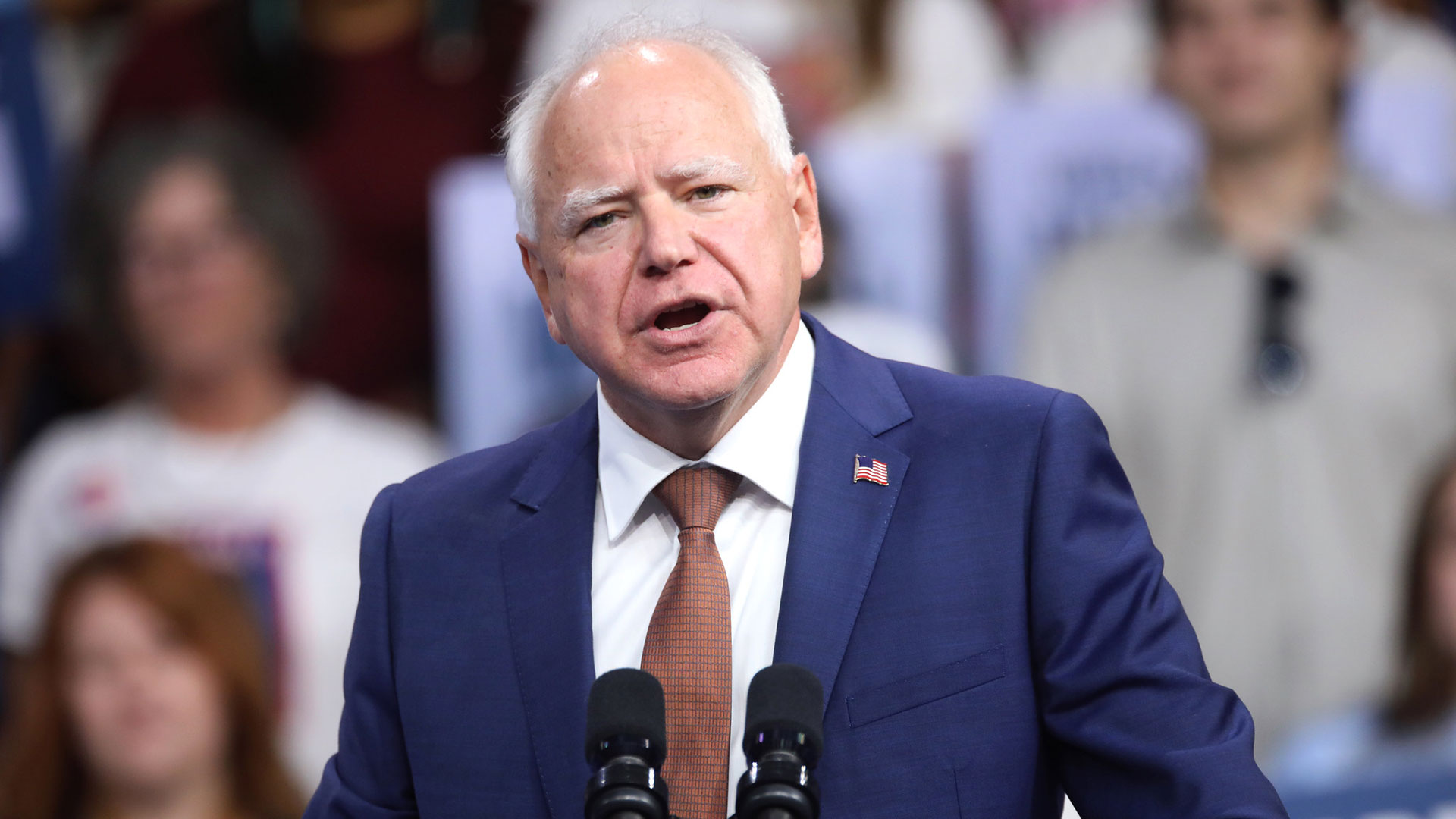 Governor Tim Walz speaking at a campaign rally in Glendale, Ariz., on Aug. 9, 2024.
Governor Tim Walz speaking at a campaign rally in Glendale, Ariz., on Aug. 9, 2024.
Both candidates for Vice President have scheduled campaign events in Tucson on Wednesday, Oct. 9, the first day of early voting in Arizona.
According to the Trump campaign, Senator JD Vance will talk about ways to vote in Arizona as part of the Republican’s “Too Big to Rig” voter turnout effort. The Trump strategy is trying to tell voters that widespread participation leads to less chances for fraud.
Governor Tim Walz’s stop in Tucson is part of a two day tour of Western states. Walz also has planned speaking events in Nevada the day before. The Harris campaign says he will also encourage voter turnout, but draw a contrast to what they say is Vance’s extreme and dangerous attacks on democracy.
Vance’s rally is scheduled for noon Wednesday at the Pima County Fairgrounds. No location has been announced for Walz yet, but he is scheduled to speak at 3:30 p.m.

By submitting your comments, you hereby give AZPM the right to post your comments and potentially use them in any other form of media operated by this institution.